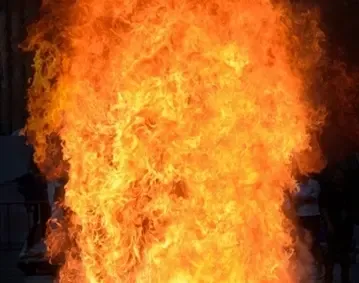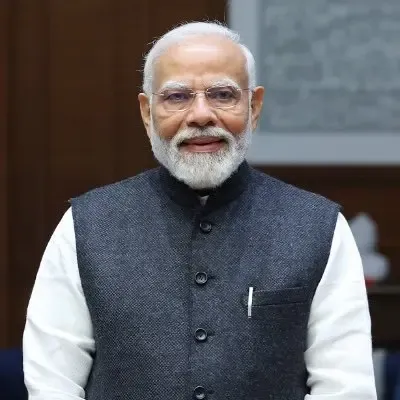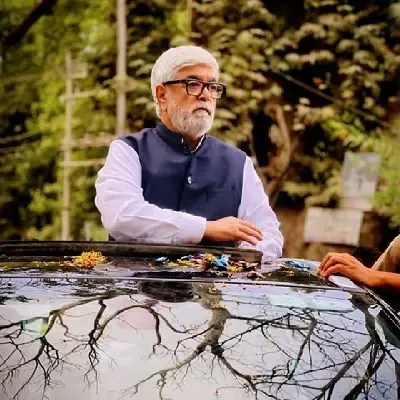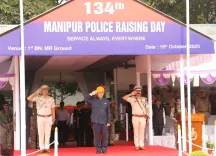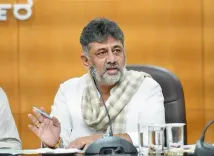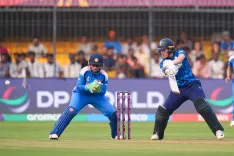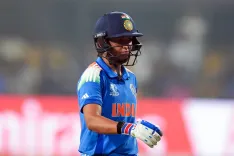Did the SC Just Reject the CBI's Plea Against Bengal DGP Rajeev Kumar?
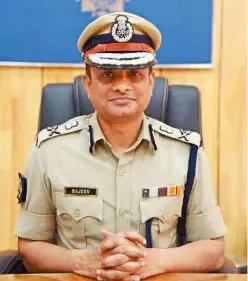
Synopsis
Key Takeaways
- The Supreme Court upheld the anticipatory bail granted to Rajeev Kumar.
- The CBI's request for custodial interrogation was denied.
- Kumar's cooperation with the investigation was noted by the court.
- There is ongoing tension between the Central and West Bengal governments.
- The case highlights issues related to legal rights of public officials.
New Delhi, Oct 17 (NationPress) The Supreme Court on Friday rejected a Special Leave Petition (SLP) submitted by the CBI that contested the Calcutta High Court's ruling granting anticipatory bail to West Bengal DGP and former Kolkata Police Commissioner Rajeev Kumar in relation to the multi-crore Saradha chit fund scam.
A bench comprising Chief Justice of India (CJI) B.R. Gavai and Justice K. Vinod Chandran instructed that the contempt of court case—focused on claims that the state police were obstructing the CBI's inquiry into the Saradha scam—be scheduled for hearing in eight weeks.
In November 2019, the Supreme Court had instructed the senior IPS official to address the CBI’s appeal against the anticipatory bail granted to him. Since that time, the petition has been pending before the apex court. Previously, the Calcutta High Court had provided anticipatory bail to Kumar, stating that custodial interrogation was “not warranted” under the circumstances.
A bench of Justices Sahidullah Munshi and Subhasis Dasgupta remarked that Kumar, who led the SIT as Commissioner of Bidhannagar Police before the investigation was transferred to the CBI, had already been interrogated by the Central agency multiple times.
In denying the CBI’s request for custodial interrogation due to alleged inconsistencies in seizure timings and tampering with CDRs, the Calcutta HC stated: “We cannot justify custodial interrogation based solely on this... in the absence of other compelling evidence. We believe that such discrepancies can be resolved during the trial.”
It noted that despite claims of non-cooperation, Kumar had “voluntarily made himself available for questioning in the interest of the ongoing investigation” and there was no “decisive evidence” warranting custody. “This is not a situation where custodial interrogation would be justified,” the Calcutta HC concluded, while granting him anticipatory bail.
This case is tied to a significant standoff between the Central and West Bengal governments in January 2019, when a CBI team arrived at Rajeev Kumar’s official residence for questioning. However, when local police detained the CBI officers, the team was compelled to withdraw, leading Chief Minister Mamata Banerjee to initiate a sit-in protest in support of Kumar.
Senior advocates Abhishek Manu Singhvi and Biswajit Deb, assisted by lawyers Anando Mukherjee and Shwetank Singh, represented Rajeev Kumar before the apex court.

